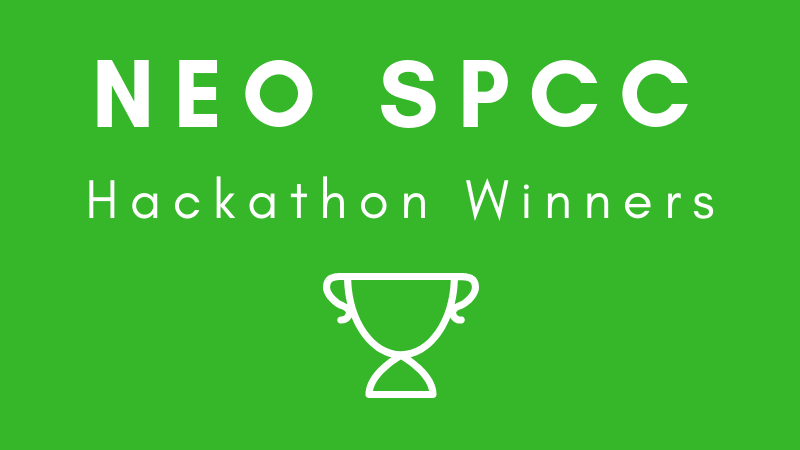
On December 8th and 9th, the NEO St Petersburg Competency Center (NEO SPCC) hosted a hackathon in St Petersburg, Russia. NEO SPCC was recently introduced at a meetup at the end of November, alongside its plan to develop a distributed file storage project for the NEO blockchain. Numerous entities helped host the event, including the JSC “Technopark of St. Petersburg,” the Higher School of Economics, the Financial University under the Government of the Russian Federation, and RUSSOFT.
In the hackathon announcement, NEO SPCC stated “the best teams will form ready-made startups that can take part in live projects. And also will receive measures of support from the business community, the urban environment and the state.”
Furthermore, the hackathon sought to train participants in NEO blockchain technologies, develop the NEO community in St Petersburg, locate potential NEO SPCC employees, and identify projects to continue developing at the NEO SPCC. The announcement also noted that winners of the hackathon would receive shares of a GAS prize pool, equal in value to US $5,000.
Hackathon participants were asked to develop projects in line with two goals:
- Design an idea that can be served by NEO’s digital economy;
- Create a prototype of a smart contract implementation for the service on the NEO blockchain using Python, C#, or Javascript.
Eight teams competed over the 36-hour event. The themes for the hackathon included:
- Innovative interactions between man, services, and production;
- Smart and safe cities;
- Economic interaction of cyber-physical systems of the smart and safe city;
- Economy in industrialization 4.0; and,
- Crypto-active economy.
The following teams were chosen as the top three by the judges’ panel.
DCZD.tech
DCZD.tech built a procurement system under the “smart city” theme. The solution assists groups of companies who purchase as a single customer and aims to provide a structured and verifiable exchange of information on product orders and production.
The team has already identified potential customers and noted that it will further refine the project.
DCZD.tech was awarded US $3,000 equivalent in GAS.
NEOScud
The NEOScud team developed a multi-factor authentication process using a Raspberry Pi. Addressing the “secure city” theme, the product randomly asks for a set of authentication factors, while simultaneously verifying user data stored on a corresponding server against hashes stored on the NEO blockchain.
Looking forward, the team aims to integrate decentralized logging based on the NEO distributed file storage system that NEO SPCC is currently developing. The team will also explore using NeoID for control over personal data, so users don’t have to transfer that information to a third party.
NEOScud was awarded US $1,000 alongside a prize from AiraLab Rus Robotics Research Center. In addition to the prizes, the team was invited to participate in the Winter School of Robonomics, which is sponsored by AiraLab Rus.
NEOScud will continue to further refine its project at the Technopark of St. Petersburg.
Early Bird
Team Early Bird chose the “crypto-active economy” theme and built a prototype travel platform with a front-end interface alongside a smart contract on the NEO blockchain.
The platform aims to provide the end-user with the ability to book their own hotels and tours without middlemen, as service providers may list directly on the platform. Its users will receive cash back in the form of platform tokens, which can be used to pay for services or exchanged to fiat currency.
The Early Bird team was awarded US $1,000 equivalent in GAS.
Early Bird also will further develop its product at the Technopark of St. Petersburg.
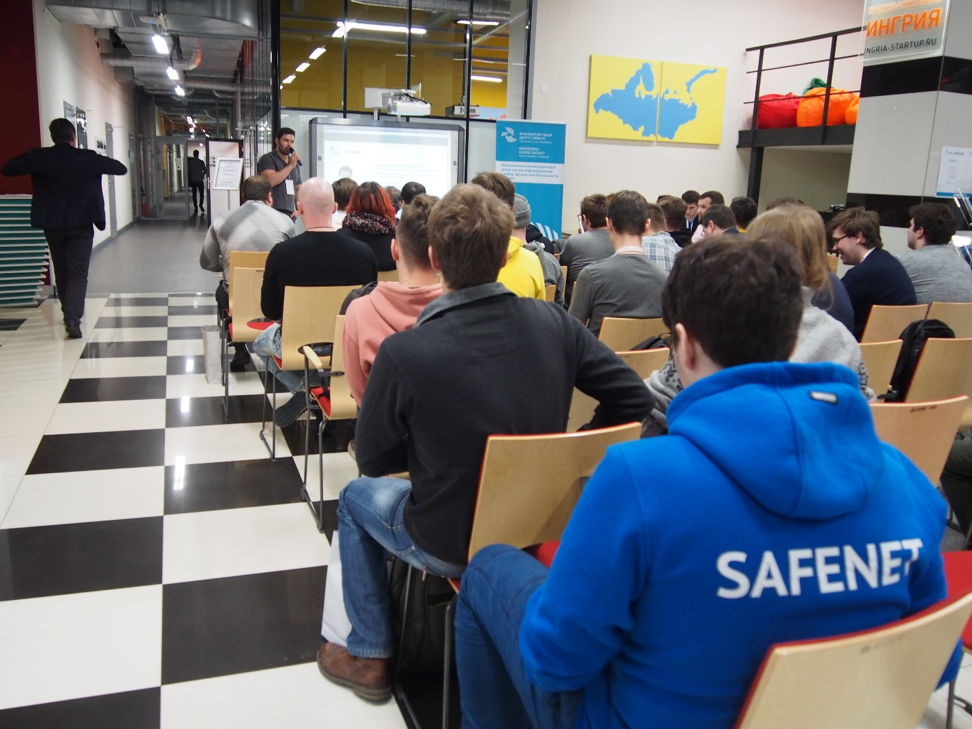
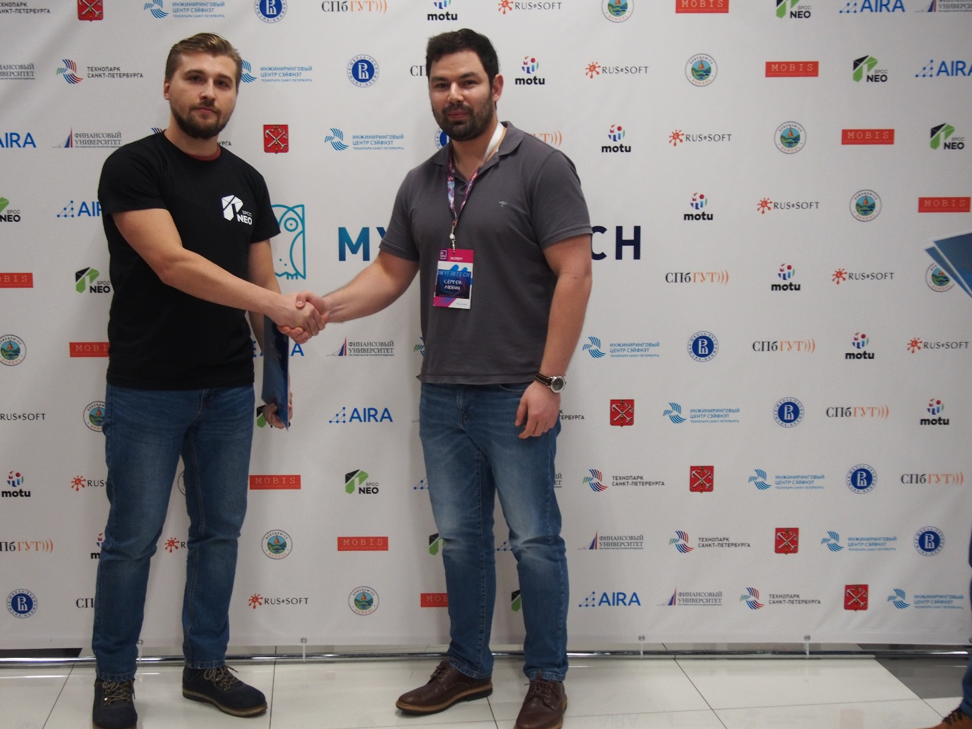
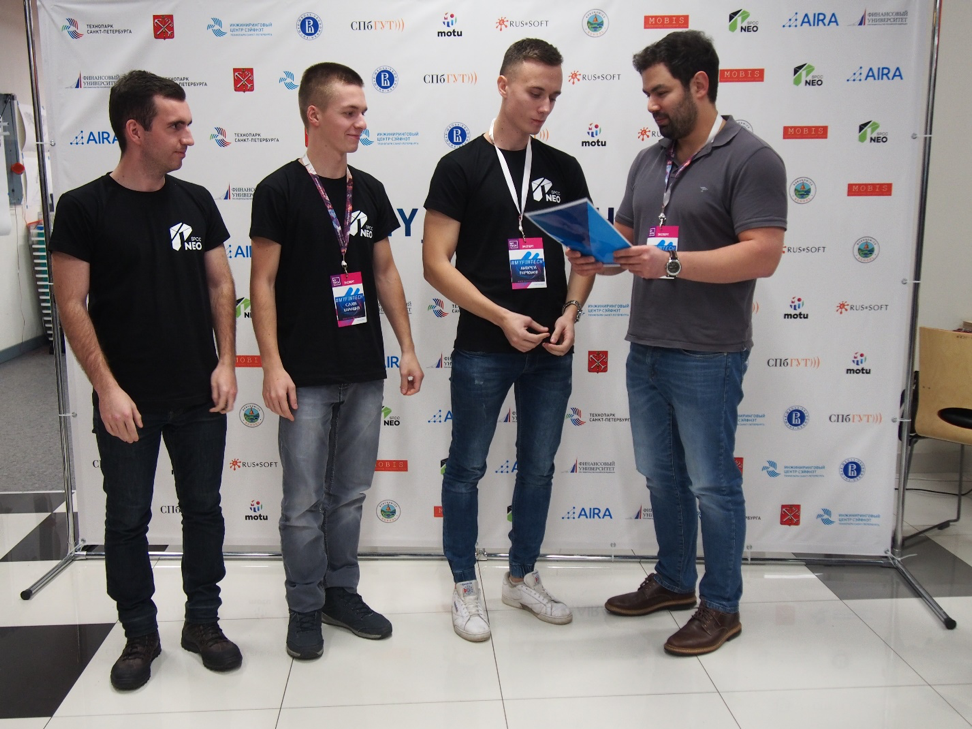
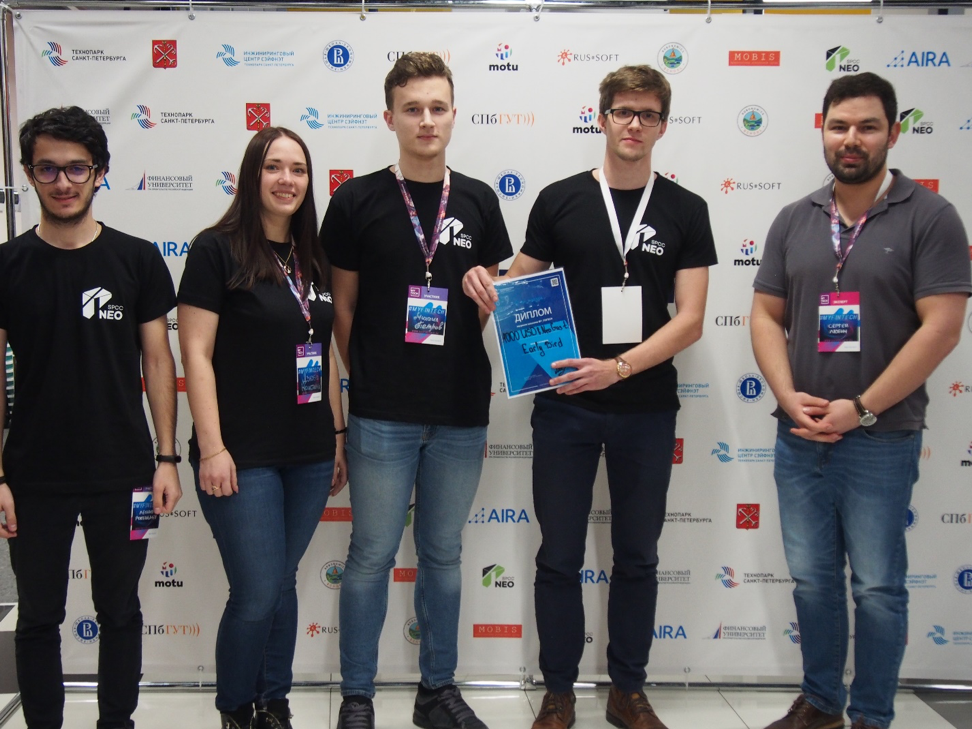







About The Author: Dylan Grabowski
Dylan is a reformed urban planner with a passion for covering the Neo ecosystem. His objective as a writer for Neo News Today is to report news in an objective, fact-based, non-sensational manner. When not behind a computer screen, he can be found in the mountains rock climbing. Find Dylan on Twitter (@GrabowskiDylan).
More posts by Dylan Grabowski